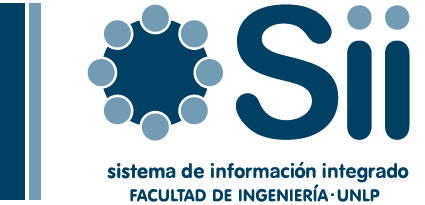Nonlinear Analysis of Gas-Water/Oil-Water Two-Phase Flow in Complex Networks [libro electrónico] / by Zhong-Ke Gao, Ning-De Jin, Wen-Xu Wang.
Tipo de material: TextoSeries Detalles de publicación: Berlin, Heidelberg : Springer Berlin Heidelberg : Imprint: Springer, 2014.Descripción: xiii, 103 p. : ilTipo de contenido:
TextoSeries Detalles de publicación: Berlin, Heidelberg : Springer Berlin Heidelberg : Imprint: Springer, 2014.Descripción: xiii, 103 p. : ilTipo de contenido: - text
- computer
- online resource
- 9783642383731
- Chemical engineering
- Amorphous substances
- Complex fluids
- Phase transitions (Statistical physics)
- Physical measurements
- Measurement
- Fluid mechanics
- Engineering
- Industrial Chemistry
- Phase Transitions and Multiphase Systems
- Measurement Science and Instrumentation
- Soft and Granular Matter, Complex Fluids and Microfluidics
- TA357-359
 Libro electrónico
Lista(s) en las que aparece este ítem:
Ebooks
Libro electrónico
Lista(s) en las que aparece este ítem:
Ebooks
Introduction -- Definition of flow patterns -- The experimental flow loop facility and data acquisition -- Community detection in flow pattern complex network -- Nonlinear dynamics in fluid dynamic complex network -- Gas-water fluid structure complex network -- Oil-water fluid structure complex network -- Directed weighted complex network for characterizing gas-liquid slug flow -- Markov transition probability-based network for characterizing horizontal gas-liquid two-phase flow -- Recurrence network for characterizing bubbly oil-in-water flows -- Conclusions. .
Understanding the dynamics of multi-phase flows has been a challenge in the fields of nonlinear dynamics and fluid mechanics. This chapter reviews our work on two-phase flow dynamics in combination with complex network theory. We systematically carried out gas-water/oil-water two-phase flow experiments for measuring the time series of flow signals which is studied in terms of the mapping from time series to complex networks. Three network mapping methods were proposed for the analysis and identification of flow patterns, i.e. Flow Pattern Complex Network (FPCN), Fluid Dynamic Complex Network (FDCN) and Fluid Structure Complex Network (FSCN). Through detecting the community structure of FPCN based on K-means clustering, distinct flow patterns can be successfully distinguished and identified. A number of FDCNâ_Ts under different flow conditions were constructed in order to reveal the dynamical characteristics of two-phase flows. The FDCNs exhibit universal power-law degree distributions. The power-law exponent and the network information entropy are sensitive to the transition among different flow patterns, which can be used to characterize nonlinear dynamics of the two-phase flow. FSCNs were constructed in the phase space through a general approach that we introduced. The statistical properties of FSCN can provide quantitative insight into the fluid structure of two-phase flow. These interesting and significant findings suggest that complex networks can be a potentially powerful tool for uncovering the nonlinear dynamics of two-phase flows.
No hay comentarios en este titulo.
